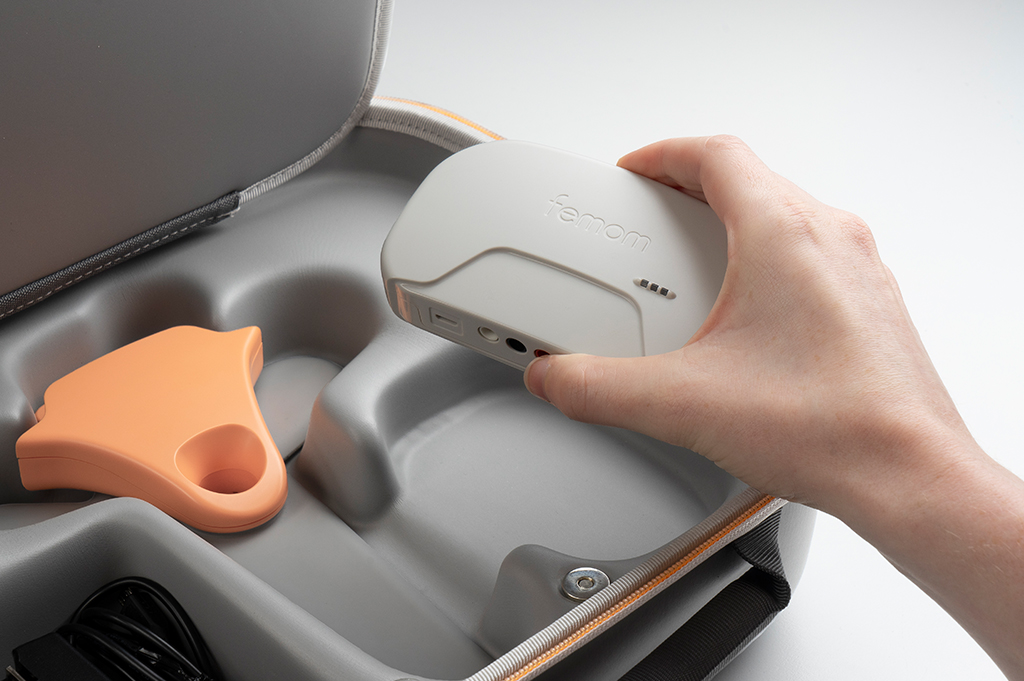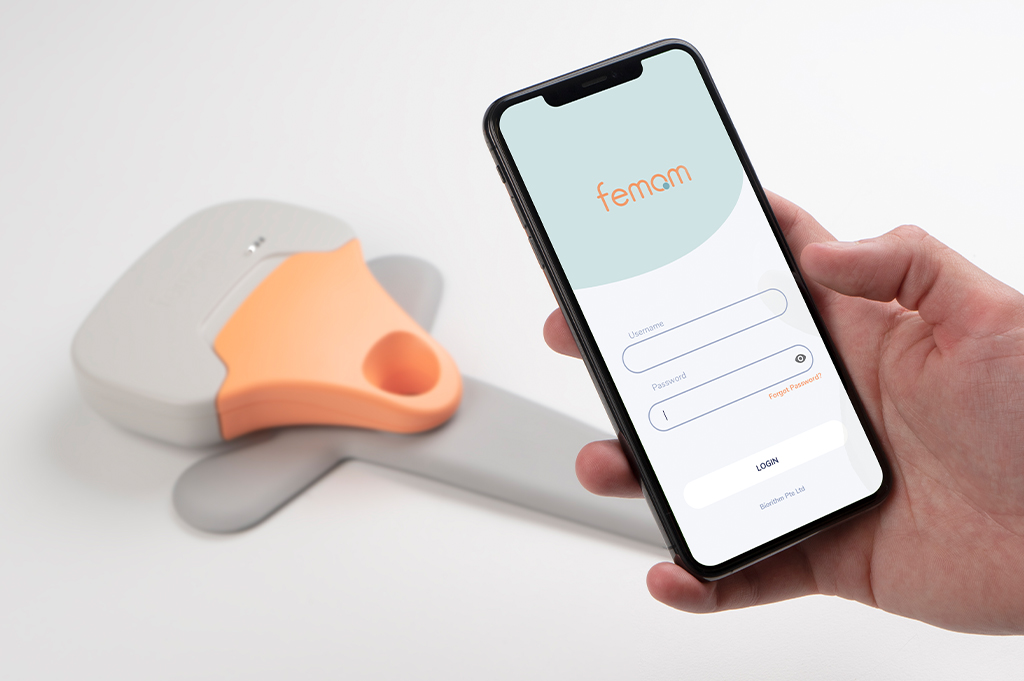
The power of niche markets
Learn about the key considerations to note when entering a niche market from a Medtech entrepreneur
Have you ever thought about venturing into a niche market? Then you probably might have heard the saying, “niche markets are small markets”. However, that is a misconception as those in the space will be quick to point out that niche markets do have their own perks. First, you get to focus on your ideal target market and work on your craft to meet consumer demands. On top of that, you are providing a product or service not widely available in the mass market and hence you are also more likely to capture customer loyalty by giving them exactly what they need.
In Singapore, there are a few entrepreneurs who have identified a niche in the market and have built a successful company around it. Homegrown gaming chair company Secretlab is one example — its founders only had an idea and a capital of S$50,000 when they started out in 2014. Today, the company is valued at around S$300 million and has become one of the world’s leading players in the gaming chair space.
Starting out
Medical devices are considered a specialised field as it is highly regulated (with regulations that differ per region) to ensure the devices are safe and effective. It also has high barrier to entry.
Biorithm is a local company that has ventured into this niche. Founded in 2016, the company aims to bridge the gap between hospital and home through remote monitoring and mobile tools. The company’s debut product is Femom, a remote monitoring platform that allows doctors to monitor expectant mothers remotely. It is also an entire ecosystem on its own which comprises a novel home used as a pregnancy monitor, a mobile app for the mother’s use, as well as a dashboard for doctors to monitor the expectant mother’s progress.

Close collaboration and building credibility
Biorithm’s CEO Amrish Nair, 36, has first-hand experience in some of the challenges of operating in a niche market. His team has been working on bringing Femom to market since the company’s inception.
“Being in a niche market means you need to have specialised knowledge and a large amount of capital. We’ve had lengthy development processes, intense clinical validations, and long sales cycles”, said Mr Nair.
While there have been several challenges, the company remains steadfast in its mission and vision of enabling better access to care for mothers worldwide. According to Mr Nair, having an efficient and close-knit team helped as it was important for them to cross function. Every aspect of development affects another function, and with close collaboration, they were able to overcome complex projects and achieve success within the company.
When it came to developing their product, they relied heavily on creating one that end users can trust. “The first lesson for venturing into any niche field is to gain credibility. On top of that, you must progress and develop new and exciting products,” he said.

Know your target audience
Part of capturing a niche market involves being a company that can fully understand your target demographics , then offering a solution that can address their needs and more. At Biorithm, they did just that by spending years in doctors’ rooms and hospitals learning everything they could from the field. This allowed them to develop ideas from first principles and to continually tweak their products to suit market demand.
For Mr Nair and his team, knowing what their customers needed remains one of their core motivations and key pillars of success. “Patients are looking for choice. Medtech companies cannot be restricted to what they can deliver in the hospital — they have to engage with patients wherever they are,” he added.
Always looking ahead
He shared that being in a niche market also means keeping an eye out on industry trends and innovation, which is why Biorithm is always conducting clinical studies to further enhance their knowledge and capabilities in the field. He also believes that MedTech companies — no matter how few there may be — have a lot to gain by working together to deliver greater value to patients.
“Now, we are seeing how different types of data can be used to improve help for women or babies at risk. We can pay more attention to those in need of clinical help while ensuring a smooth pregnancy journey. The era of personalisation has arrived in modern day medicine,” he added.
As for businesses looking to venture into niche markets, Mr Nair has a parting tip to share, “Have a healthy respect for existing knowledge but not too much that you can’t question convention.”


















